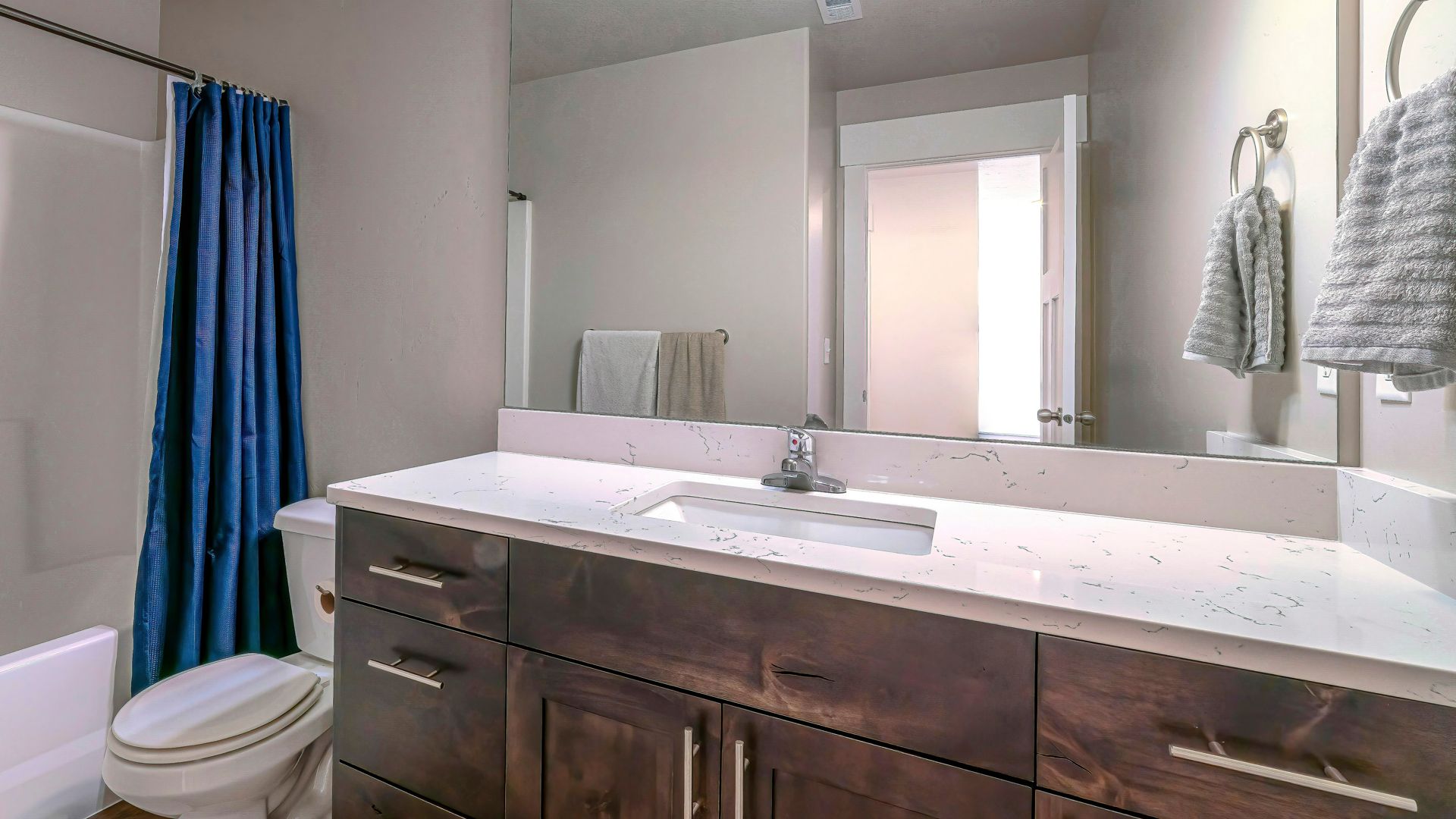For many, winter is a time that signals fun, enjoyment, and holiday celebrations. For those who love the cold weather, this season brings welcome relief from the heat of summer and spring. However, you may have noticed that winter always seems to bring about a particular problem: chapped lips. In addition to constantly carrying around a tube of lip balm, you probably also find that you need moisturizing shampoo and hand lotion more often than you do at any other point in the year. The reason for this annual phenomenon is not one you might expect: it has to do with air quality and can be significantly exacerbated by indoor air conditions.
What Is Relative Humidity?
To understand why our hair and skin can feel so dry during winter months, we first need to understand an important quality of air: relative humidity. Humidity is the term used to describe the amount of water vapor in the air at any given point. When water evaporates into gas form (something it naturally does at room temperature), the vapor blends in with the air until it is able to condense back into a liquid (which typically happens in the form of precipitation).
However, how much water vapor the air can hold is not set in stone. As air heats up, it becomes less dense, and that makes it capable of holding more and more water vapor. The reverse is true as well—as it cools, the air loses its ability to hold as much vapor as it did when it was warmer. However, because the air simply can’t hold as much water, its saturation point (the point where air cannot hold any more water vapor) falls much lower as well. Therefore, humidity is typically given as “relative humidity,” or the amount of vapor in the air compared to the maximum amount that air at that temperature can hold.
However, this measurement is somewhat misleading. During wintertime, colder air loses its ability to hold as much water as it did during warmer summer months, and that means the air will typically hold less water vapor than before. However, because the maximum level is much lower as well, the relative humidity percentage may still remain high. That means the air could still be significantly drier than before, even though humidity measurements won’t necessarily say so.
Humidity, Hair & Skin Health
Your hair and skin all depend on the humidity in the air for their health and wellbeing. You may not realize it, but the outermost layers of these important organisms are actively absorbing this airborne moisture and using it to stay hydrated (in addition to water from liquids you drink). When the actual amount of this moisture falls due to colder weather, the reduced amount of humidity in the air means your epidermal skin cells won’t have the moisture they depend on each and every day. As such, they begin to lose structure, shrivel up, and even die off completely, giving your hands, legs, lips, nose, and other exposed features that dry, crusty, and flaky feeling.
The same can be said for your hair as well. While your hair may not have living cells, the moisture in the air is important for keeping its structure firm, rigid, and healthy. If airborne moisture can’t replenish the supply, these cells will eventually become crusty, brittle, and delicate feeling. As a result, you’ll experience rough and unhealthy-feeling hair that is difficult to manage.
Keeping Skin & Hair Healthy All Winter Long
Outdoor humidity levels may appear to stay static during the winter months, but actual humidity levels tend to drop tremendously during this time of year. When outdoor air moves indoors and warms up with help from your furnace, heat pump, or boiler, the relative humidity level drops in a hurry. This is why so many homes actually struggle with indoor humidity levels during the winter months.
However, the solution to low indoor humidity is actually fairly simple. A humidifier system can greatly increase comfort in one or more rooms in your home. Standalone humidifiers are a budget-friendly way of helping improve conditions in a smaller space, such as a bedroom or den (somewhere you might spend a lot of time). Whole-home humidifiers, on the other hand, are directly connected to your HVAC system and imbue your air with added humidity to improve comfort and health throughout your home. And many modern systems can be directly connected to your water lines for automatic operation, giving you a truly low-energy and low-maintenance solution to this ongoing problem.
Learn more about installing a humidifier and improving your indoor air quality this winter by talking to the experts at A-TEMP Heating, Cooling, & Electrical! Dial (503) 694-3396 today.
